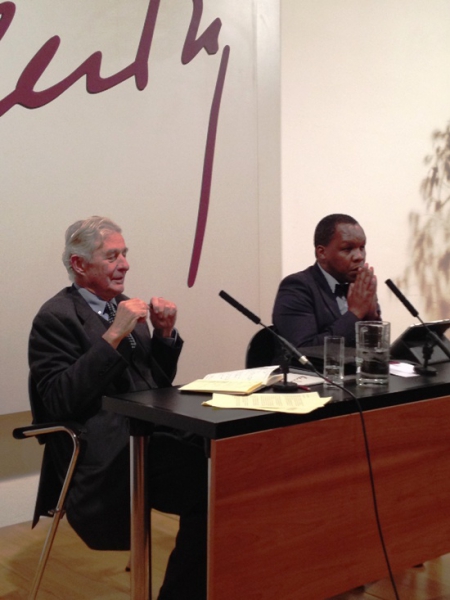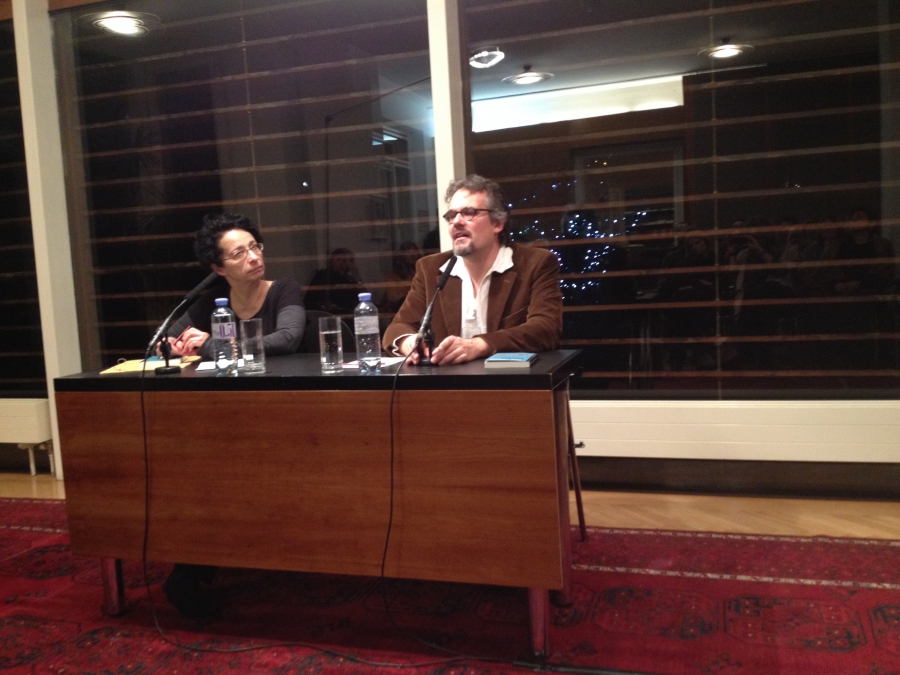SOUTH AFRICA’S FOREIGN POLICY SINCE 1994
Siphamandla Zondi
Director of the Institute for Global Dialogue (IGD)
Moderator:
Georg Lennkh
Member of the Board of the Bruno Kreisky Forum
Siphamandla Zondi will reflect on the contours of South Africa’s post-apartheid foreign policy. The evolution of South Africa’s foreign policy has been a topical subject in the past twenty years. South Africa’s role in the African continent and its efforts to promote peace, security and development have attracted particular attention. The country’s mediation efforts in the Democratic Republic of Congo (DRC), in Burundi, in the Sudan, and in Ivory Coast are all subjects of great interest. Similarly, South Africa’s relations with its partners in the South, especially its membership of BRICS and relations with China are worth exploring. Dr. Zondi will thus reflect on all these themes including South Africa’s call for the reform of the United Nations.
Siphamandla Zondi has been the director of the Institute for Global Dialogue (IGD) since January 2009. He received his BA and Higher Diploma in Education from the former University of Durban-Westville before graduating with MPhil and DPhil in African Studies at the University of Cambridge, UK. Prior to his current position, he headed the IGD’s programme on Africa studies and SA Foreign Policy Analysis for five years. Between 2000 and 2004, he co-ordinated the Africa Institute of South Africa’s regional integration and sustainable development programmes.
Dr. Zondi has published widely in his areas of research interest, namely: regional integration and governance, South Africa’s international relations and foreign policy, and public health policy. His recent publications are on the SADC mediation in Zimbabwe; the future direction of SA’s foreign policy; and Africa’s health governance. Dr. Zondi is a regular media commentator and writes a weekly political column for The Witness (see www.witness.co.za).
The Institute for Global Dialogue – www.igd.org.za
The Institute for Global Dialogue (IGD) is an independent South African-based foreign policy think tank dedicated to the analysis of, and dialogue on the evolving international political and economic environment and the role of Africa and South Africa. It advances a balanced, relevant and policy-oriented analysis, debate and documentation of South Africa’s role in international relations and diplomacy.
The Foundation for Global Dialogue was established in 1995 as a culmination of several years of efforts led by the former South African president, Nelson Mandela, in his capacity as the principal of the African National Congress. He and his team of leaders saw a need for a research organization that would facilitate the new South Africa’s engagement with the changing global order after 1994. This was a period in which three vectors of change coincided: the tectonic shifts in global power politics following the collapse of the Soviet Union; the wave of democratization that hit Africa and south America; and the near-miraculous transition from apartheid to democracy in South Africa. The initial funding came from the German government and went towards establishing the Foundation’s competitive edge, a combination of policy-oriented research, catalytic dialogue, tailor-made publications and grant-making for NGOs interested in international relations.
After a strategic review in the late 1990s, the Foundation became an Institute, thus shedding the grant-making responsibility in order to strengthen its analytical and dialogue focus. The research agenda crystallized around three broad programmatic focuses:
• South Africa’s foreign policy analysis: This spans the making and management of foreign policy, multi-stakeholder interface, public diplomacy, development diplomacy (development cooperation, economic and commercial diplomacy and paradiplomacy);
• African Studies: Regional and continental integration, peace diplomacy, inter- and intra-African trade, and Africa’s external relations; and
• Multilateral Governance Analysis: Various international developments that relate to changes in multilateralism with the growing influence of non-state actors. This includes multilateral trade, international finance diplomacy, conflict in the Middle East and global governance.

